
My 1998 book, ‘Environmental Victims’, sought to relate the intensifying spread of environmental problems around the world to issues of natural justice, international law, public health, social policy and international security.
The project looked at environmental problems specifically from the perspective of the victims, around the world. Case studies arrived about the Niger Delta, Bhopal, Bougainville, and Southern Africa. The Permanent Peoples’ Tribunal contributed a Charter of Rights against Industrial Hazards.
In parallel, the ‘environmental justice’ movement in North America argued that disadvantaged and minority ethnic groups were disproportionately affected. The film Erin Brockovich (2000) portrayed the devils in the legalistic detail. Norman Myers had collected copious data on ‘Environmental Refugees’ in 1995. In 2017 New Zealand had to consider humanitarian visas for ‘climate refugees’.
Definitions were needed. Einstein did not help with, ‘The environment is everything that isn’t me.’ The cause is what we do and fail to do. Harm (‘loss or detriment’) stems from the presence of toxic agents, but also the absence of vital dietary substances, such as iodine and iron.
There are also synergistic effects. The absence of iron can increase our intake of heavy metals such as lead. This built a neat matrix for environmental causation – Acts/Omissions in terms of Presence/Absence.
The UN Declaration on Victims of…Abuse of Power (1985) provided a framework, concerning ‘persons who…have suffered harm…through acts or omissions that do not yet constitute violations of national criminal laws but internationally recognised norms relating to human rights.’
Recent concepts – state crime and corporate crime – develop this. The first environmental victim-activists against state-corporate complicity had suffered mercury poising from 1925 in Minamata Bay (Japan). They achieved the UN Minamata Convention on Mercury in 2013.
Novel problems attract novel precedents. Unborn child victims had no legal personality. But case-law evolved in relation to abortion, and in utero brain damage caused by medical negligence, and judges deftly adapted the ‘best interests of the child’.
Traditionally, causation must be ‘adjacent’ but environmental impacts are distant and complex. English lawyers even argued that asbestos dust outside a factory comprised ‘guilty dust’ and ‘not-guilty dust’. European countries inverted the burden of proof – if pollution from a factory constituted health hazards, it became the responsibility for the polluter to prove it was not the cause of health problems. English laws, about damage caused by joy-riders in stolen cars, had already deployed this “guilty until proven innocent” principle, because the primary crime removed the possibility of proving the resultant harm.
Are we culpable for contributing to climate-change and e-waste from ICT use?
In the 1990s I suggested that ‘intended benefit’ should make us culpable for pollution from plastic bags. Now 74 countries have outlawed plastic bags. Recently I was a researcher on e-waste tips in Nigeria. I was with children recycling our e-waste who were suffering a toxic hell that even the ancient gods had not envisaged. Yes, we’re culpable.
So might environmental victimisation apply to environmental health pandemics? In 1994 French ministers were charged with ‘complicity in poisoning’ for distributing HIV-infected blood. UK poisoning law was extended to HIV/AIDs. A virus became ‘a noxious thing’, in law.
But if Trump supports Corona virus damages claims against China, should indigenous Americans claim for their ancestors killed by white settlers with smallpox-ridden blankets?
Dr Williams is a member of the Centre’s Advisory Panel. He has held academic posts at universities in UK, Egypt and Jordan (UN University Leadership Academy), including the Global Security Programme at Cambridge University. His other books include ‘Leaders of Integrity: Ethics and a code for global leadership’ (2001) and ‘Leadership Accountability in a Global World’ (2006).

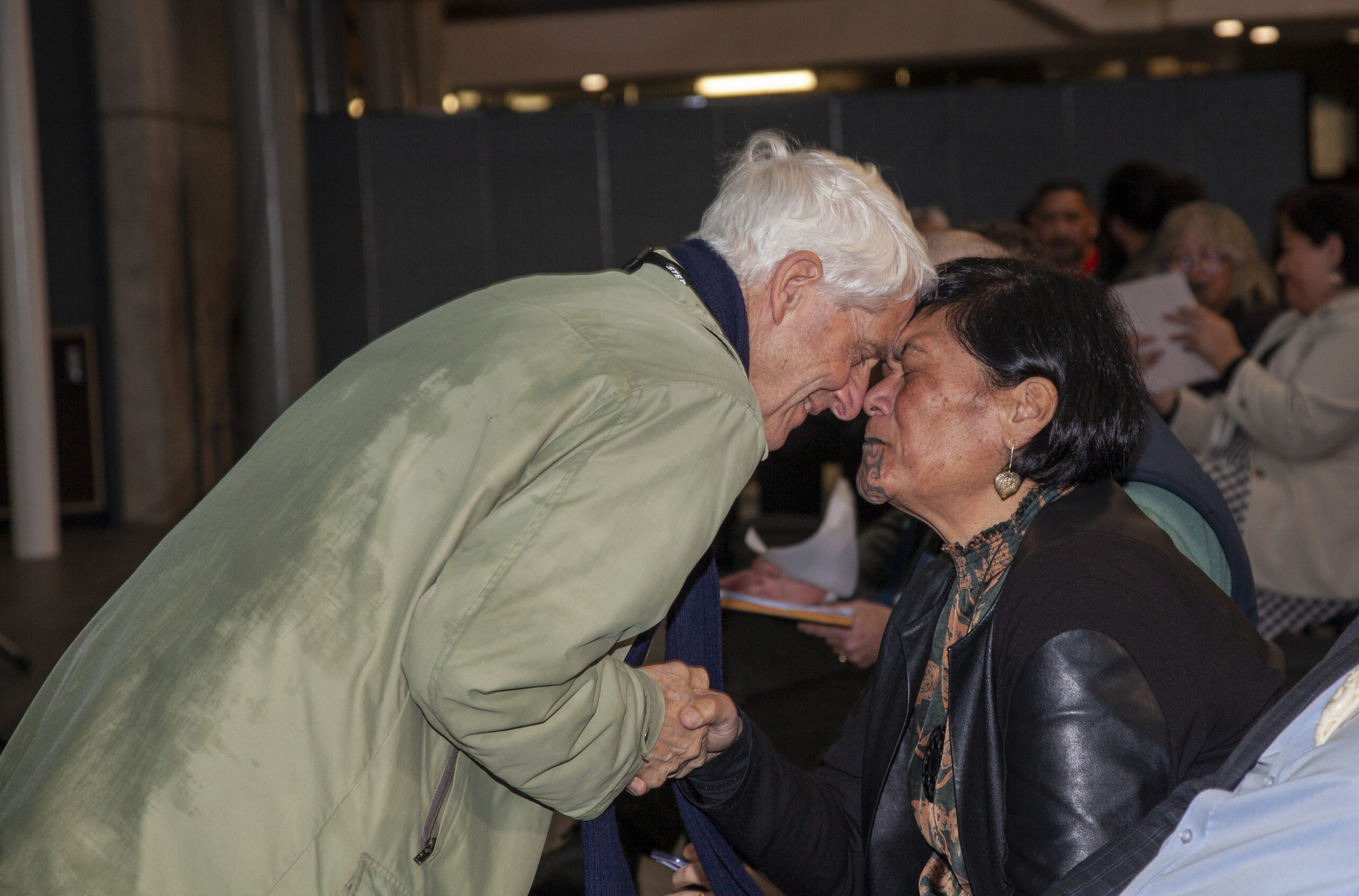
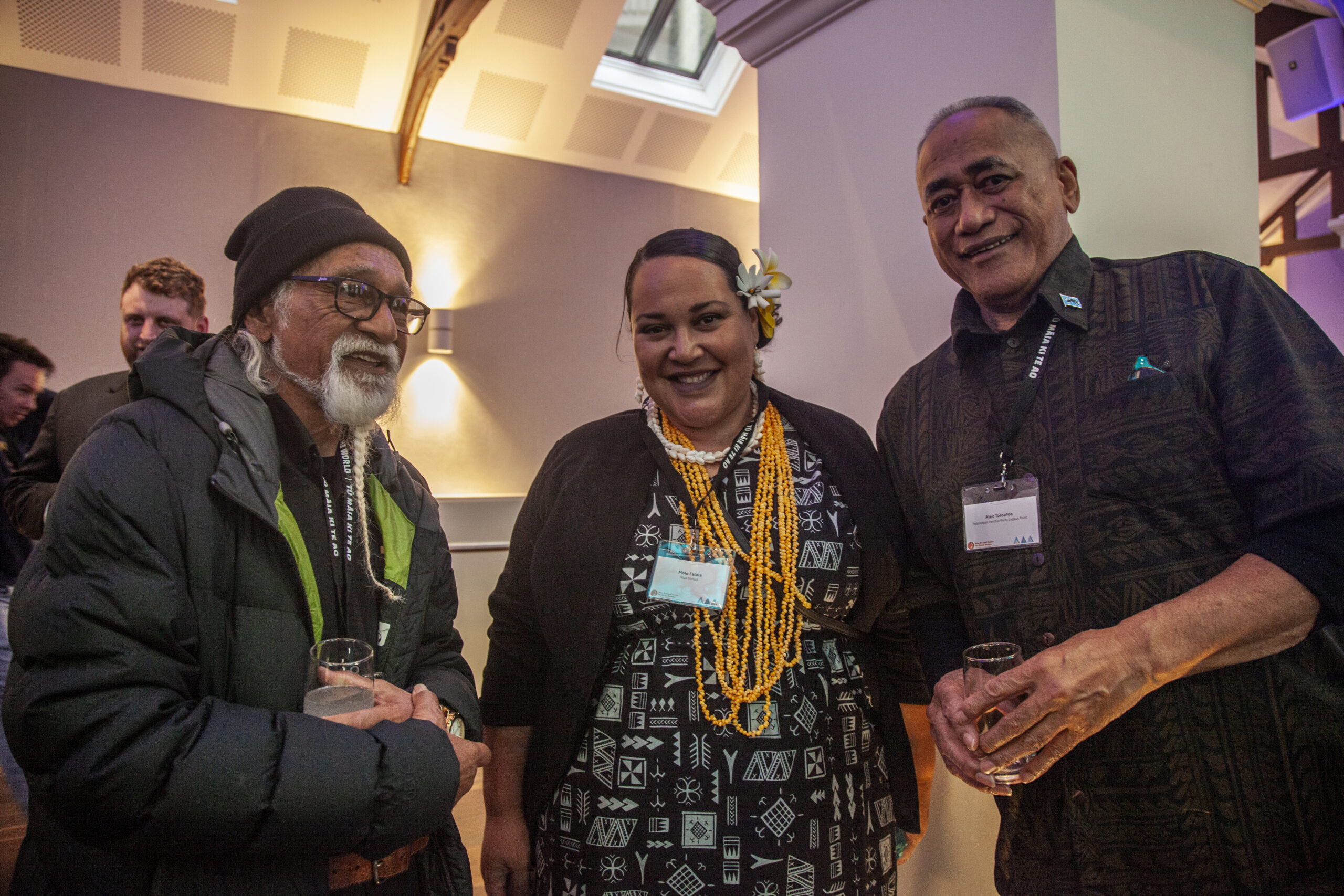
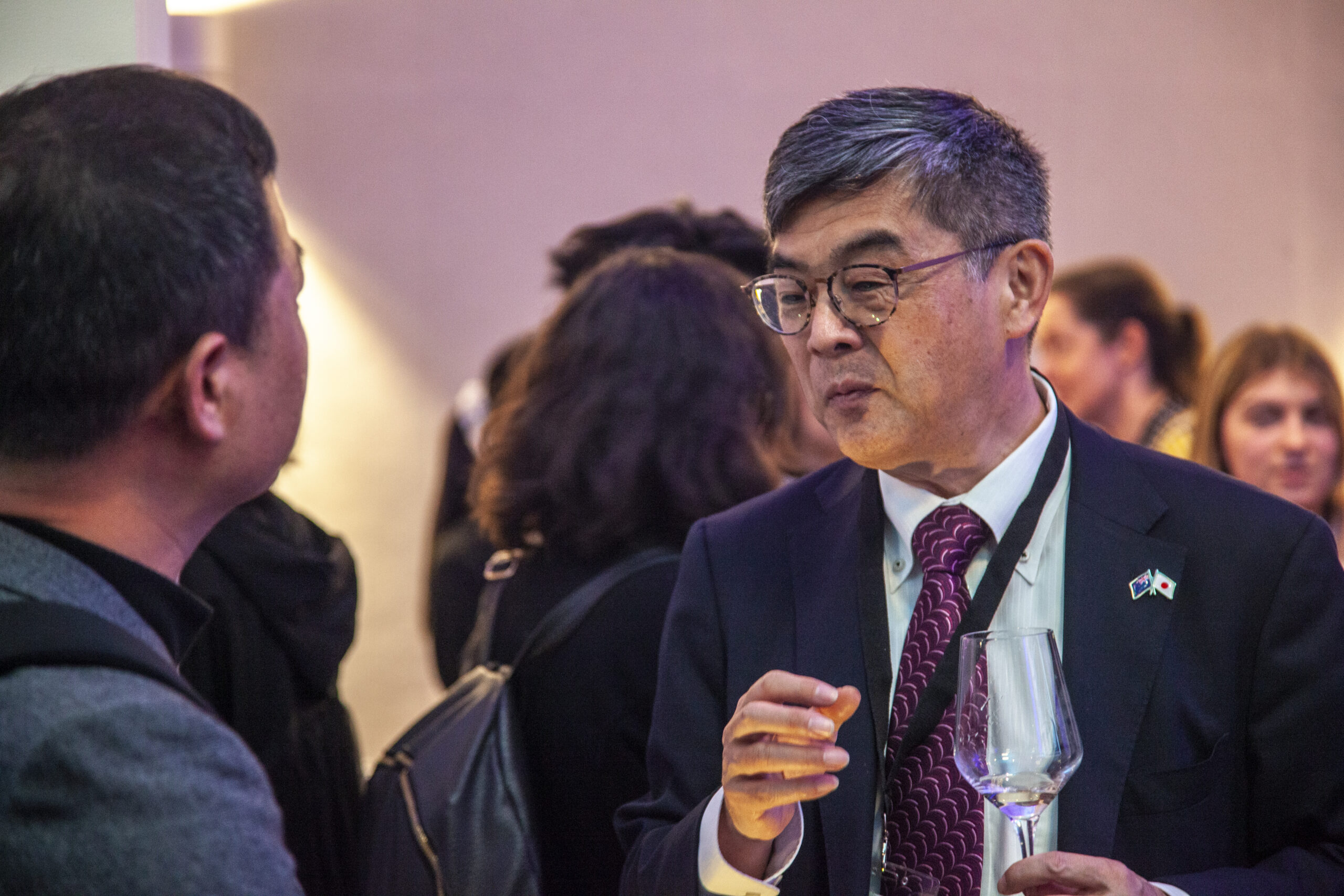
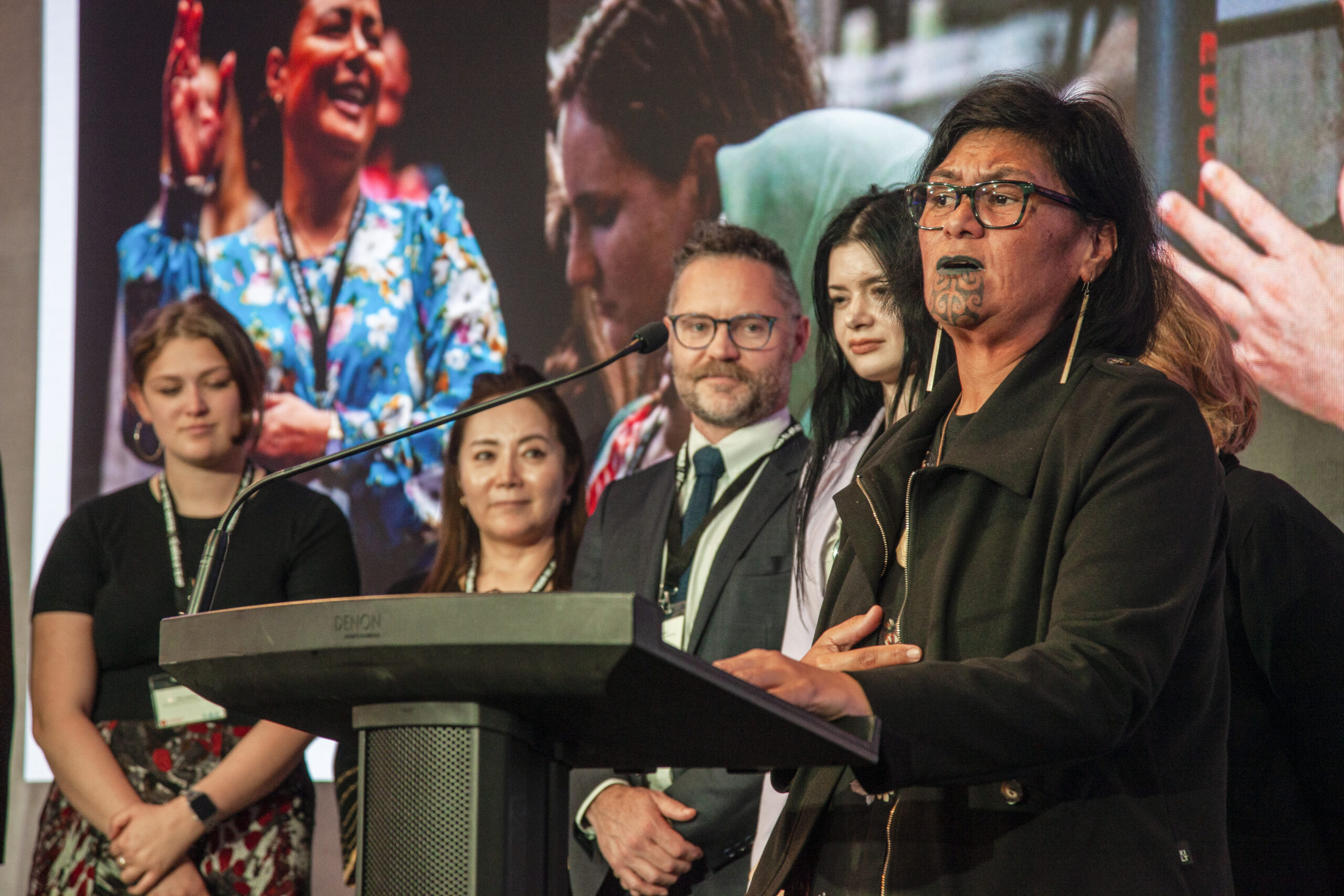
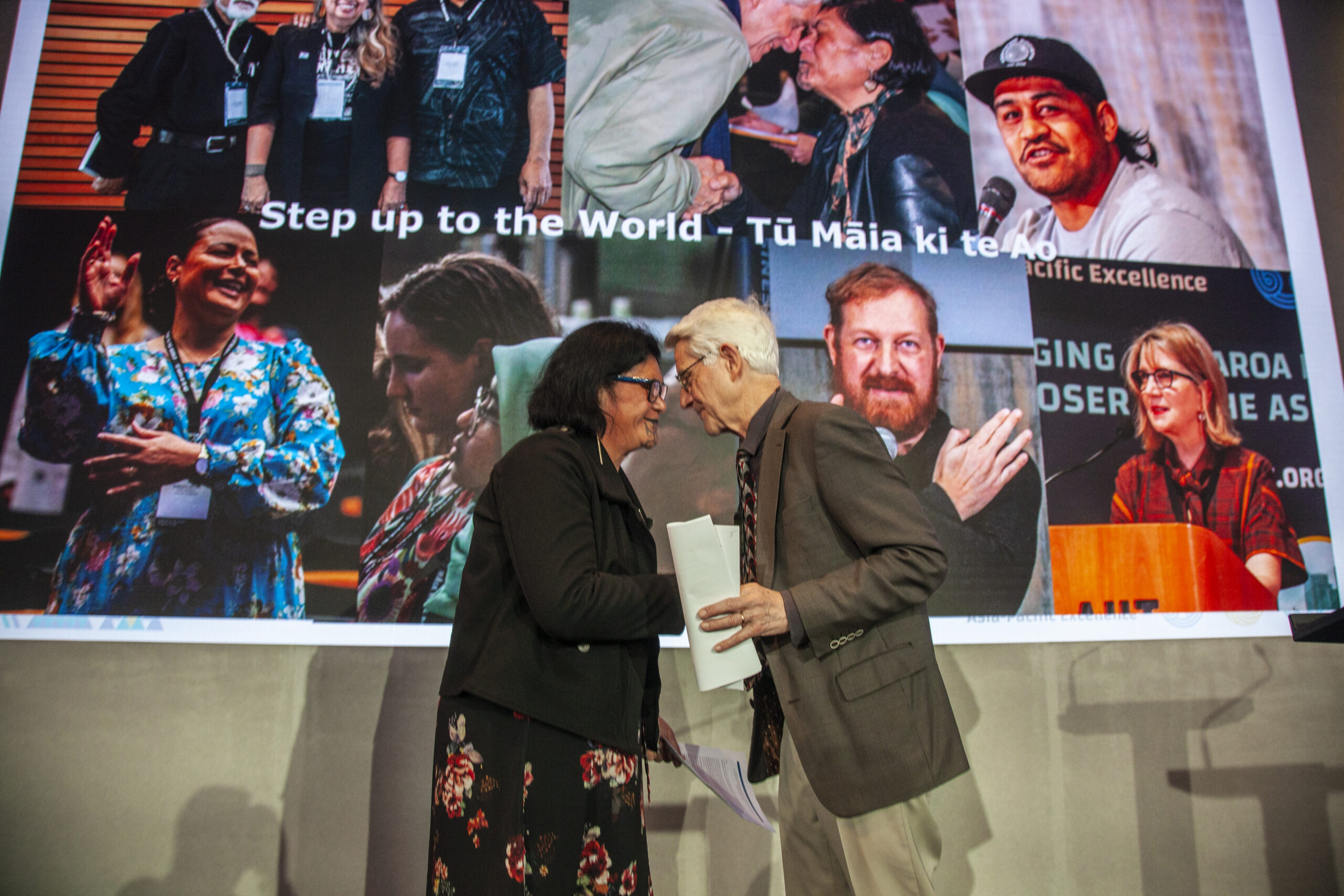
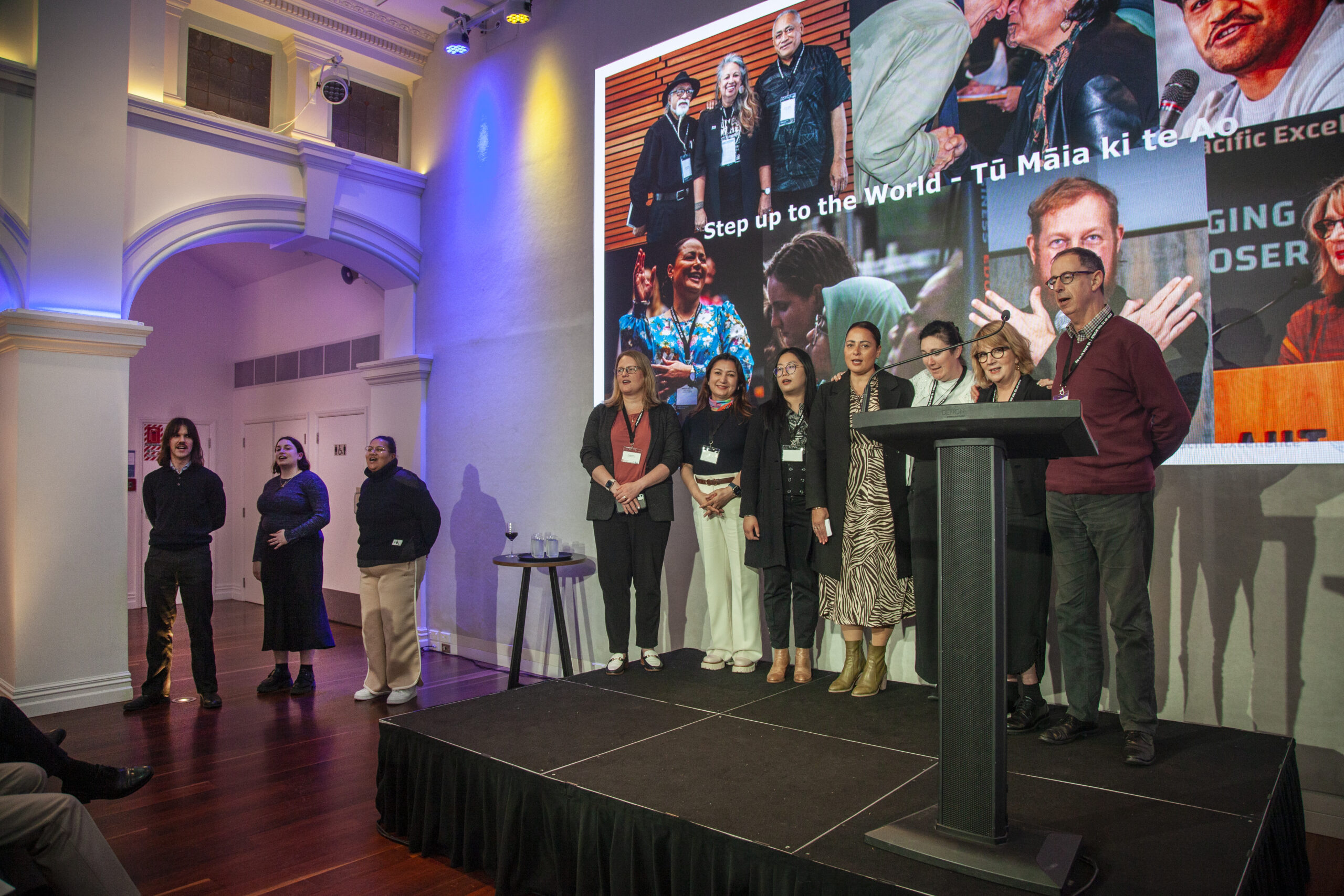
0 Comments